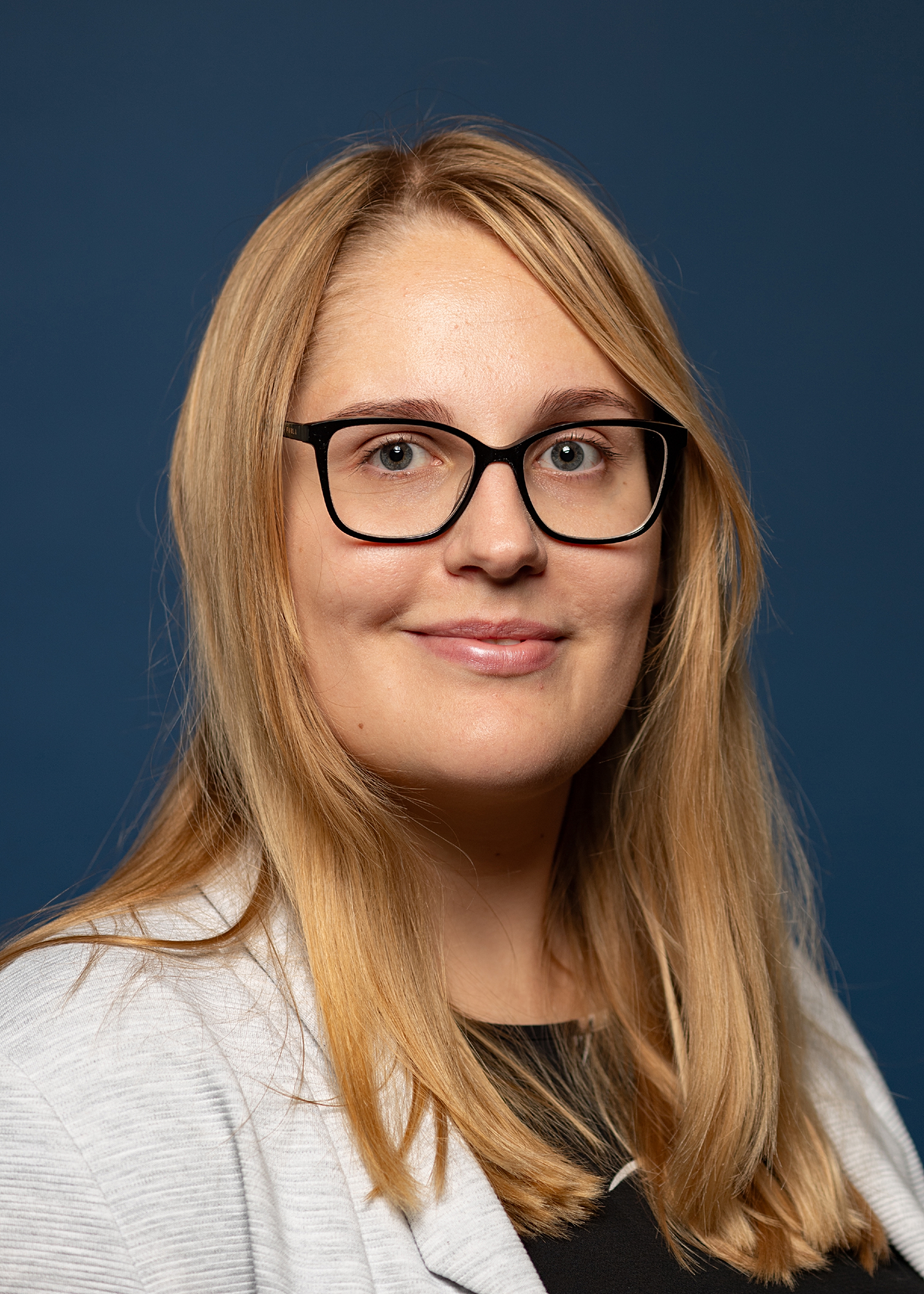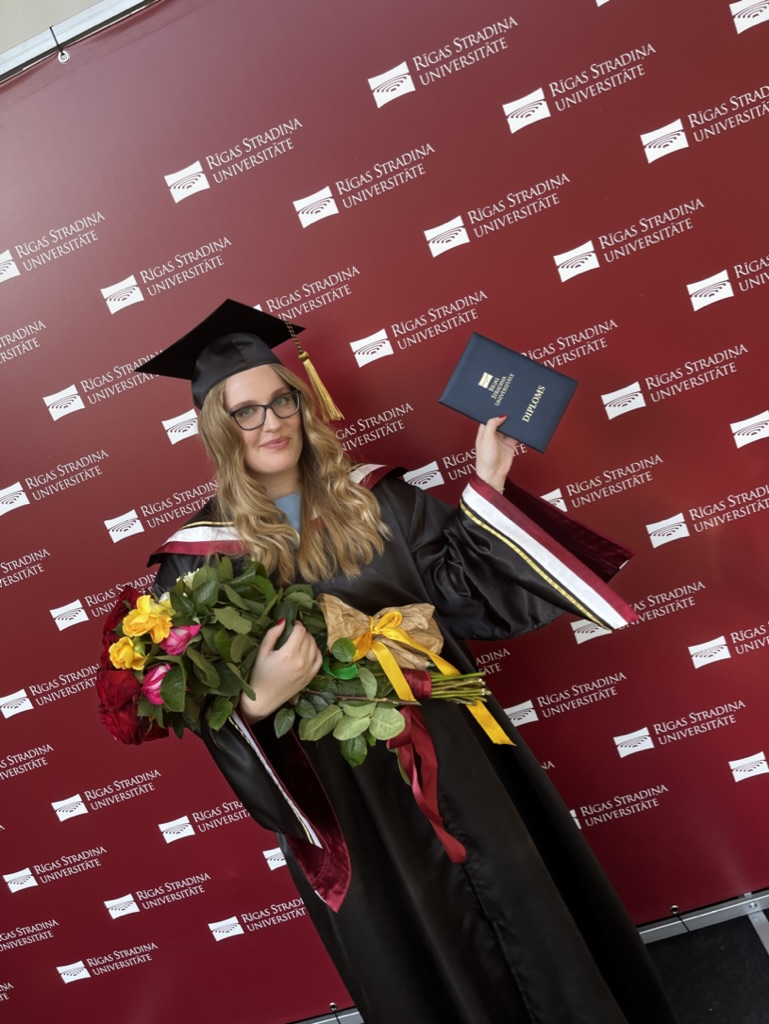Climbing academic peaks: Ance Bārzdiņa about studying for a PhD at RSU
We are launching a five-story series about five passionate, courageous people who challenged themselves and made the decision to embark on a climb. This climb requires willpower, endurance, and flexibility to overcome difficulties that come up along the way, but in return brings new, exciting discoveries, support from a team, and access to dizzying horizons like we hear about from mountain climbers. You don't however always have to pack a backpack to get to the top – you can achieve the same by enrolling in a doctoral programme at RSU!
In this series, our young doctoral students answer the first important questions you might have if you think that academic mountaineering is an exciting prospect and that reaching the peak is part of your life plan.
We continue the series with Ance Bārzdiņa, a doctoral student in pharmacy.
How did you choose the topic of your doctoral thesis?
During my undergraduate studies, I started exploring research opportunities at the RSU Faculty of Pharmacy. I was given the opportunity to develop my research work, get acquainted with the main research directions, and understand which topic interests me deeply. Successfully completing my student research work further motivated me to continue on the research path.
As a student, I was involved in a Baltic Biomaterials Centre of Excellence project, whose research areas – biomaterials and innovative drug delivery systems –seemed particularly engaging and promising to me.

Ance Bārzdiņa. Photo from private archive
I formulated the topic of my thesis and developed a research plan in consultation with my thesis supervisors and with consideration for my experience and skills in research work.
How did you find your thesis supervisor?
One of my thesis supervisors, Agnese Brangule, Dr. Sc. Ing., already supervised my student research work. Our collaboration went very well. When I came up with the ideas for my thesis, I approached Brangule about continuing to work together. My thesis topic is interdisciplinary, requiring knowledge of both chemistry and pharmacy. I also highly value Prof. Dace Bandere’s knowledge and experience in the field of pharmacy, so I approached her as well. Thus, I gained two excellent thesis supervisors whose advice, support, and experience have been invaluable in my work.
How did you choose the university and programme?
I am very loyal to Rīga Stradiņš University. I completed my undergraduate studies in the Pharmacy programme here, and the University has been my workplace for several years.
During my studies, I also realised the vast research opportunities that the pharmaceutical industry offers. I appreciate the learning environment at RSU, the University’s high standards, and the knowledgeable academic staff.
Therefore, continuing my studies in the RSU Healthcare doctoral programme, and the Pharmacy sub-programme, was an obvious decision that I have not regretted for a moment.

Photo from private archive
What’s your advice on how to draw up an application for a doctoral thesis?
I definitely recommend people to start preparing their applications early, as questions will undoubtedly come up during the process. Besides, it is also necessary to explore previous studies in the relevant field. It is important to take the suggestions of your thesis supervisors into account. And, of course, you should define the topic and the aim for yourself. If you are clear about why and what you want to do, it will be much easier to pass this message on to the admissions committee.
What do you value at RSU?
I really appreciate the study atmosphere, the support and the high bar that is set for both students and staff, which makes everyone feel proud to be part of RSU. The achievements of the research staff in recent years show our enormous potential not only at a national but also at an international level. I also particularly appreciate the fast development of the infrastructure. Our new Pharmaceutical Education and Research Centre with its new laboratories, equipment and technologies, opens up enormous research opportunities not only in pharmacy, but also in medicine and other fields.
Related news
 Time capsule laid at ceremony for construction of new RSU sports complexFor Students, Consolidation, For RSU Employees, Internal consolidation, Development
Time capsule laid at ceremony for construction of new RSU sports complexFor Students, Consolidation, For RSU Employees, Internal consolidation, Development


